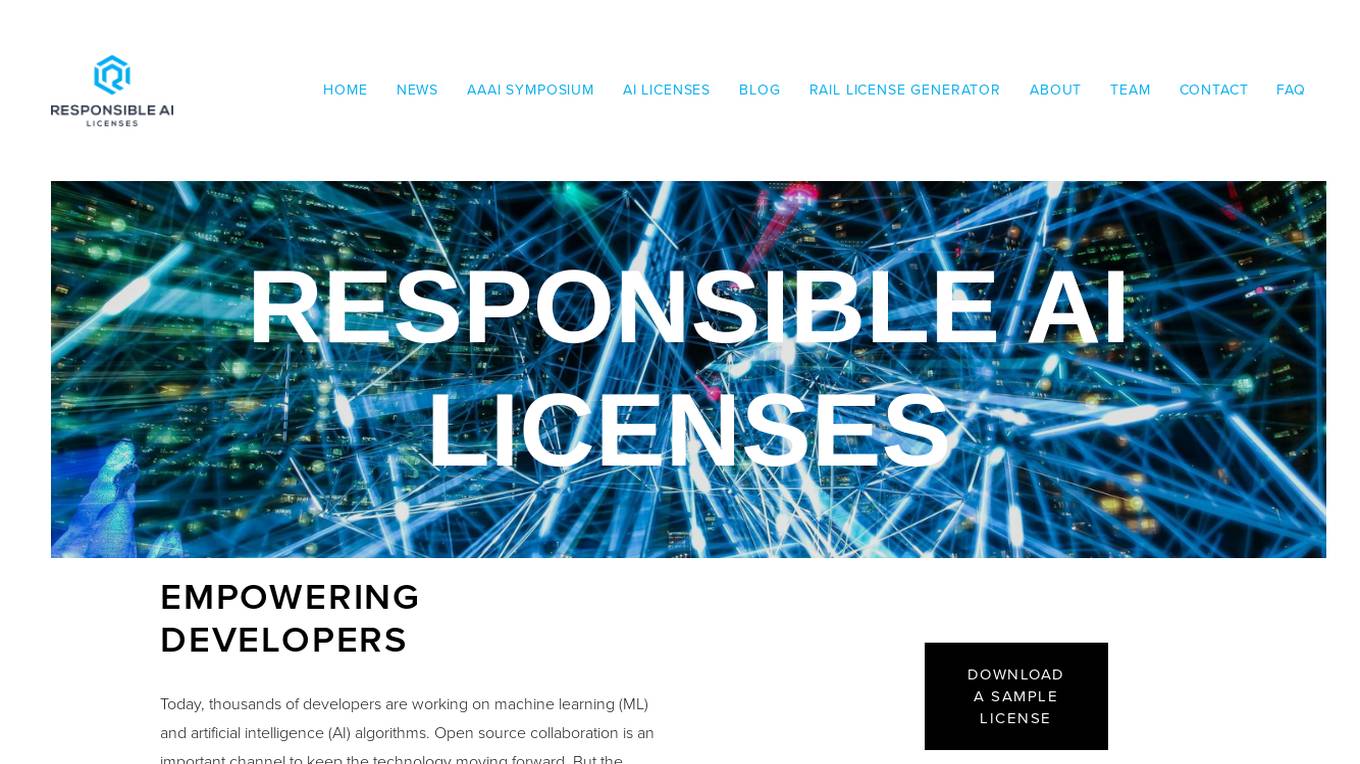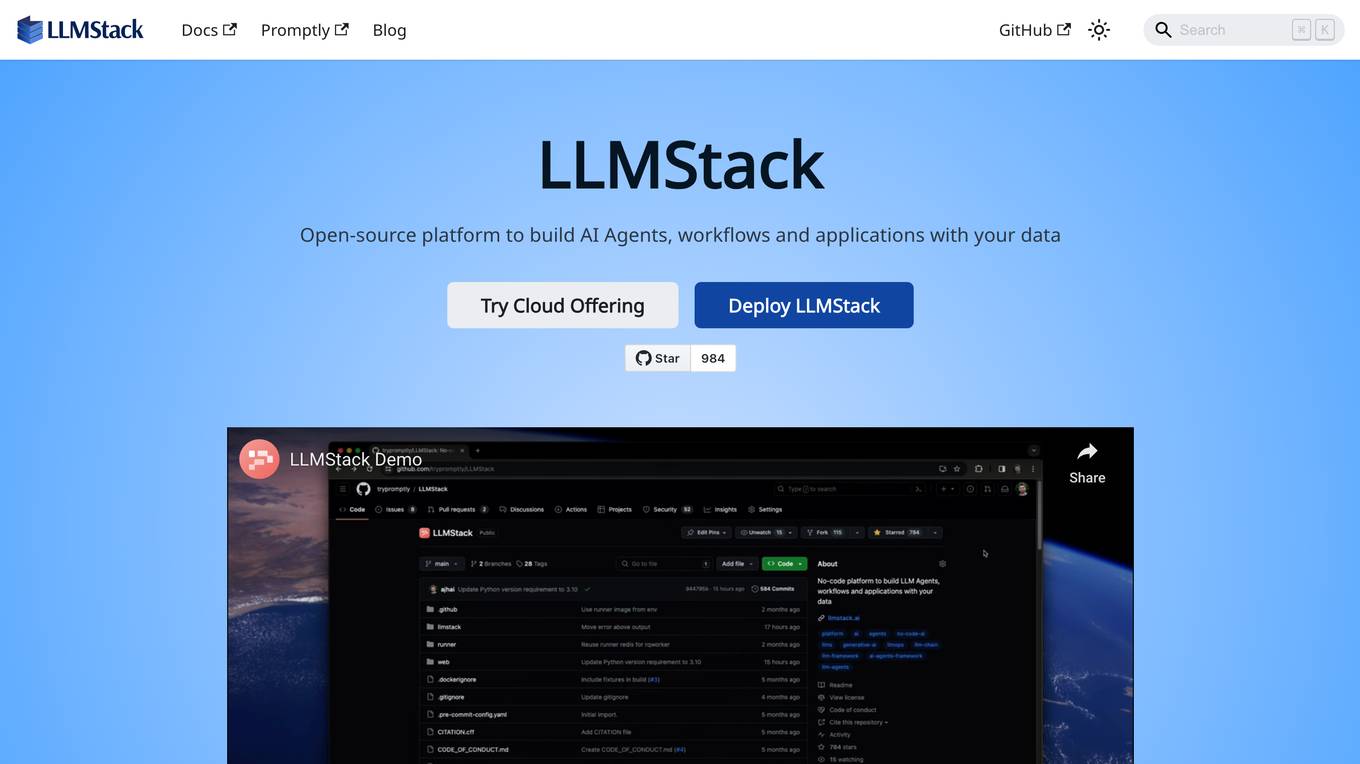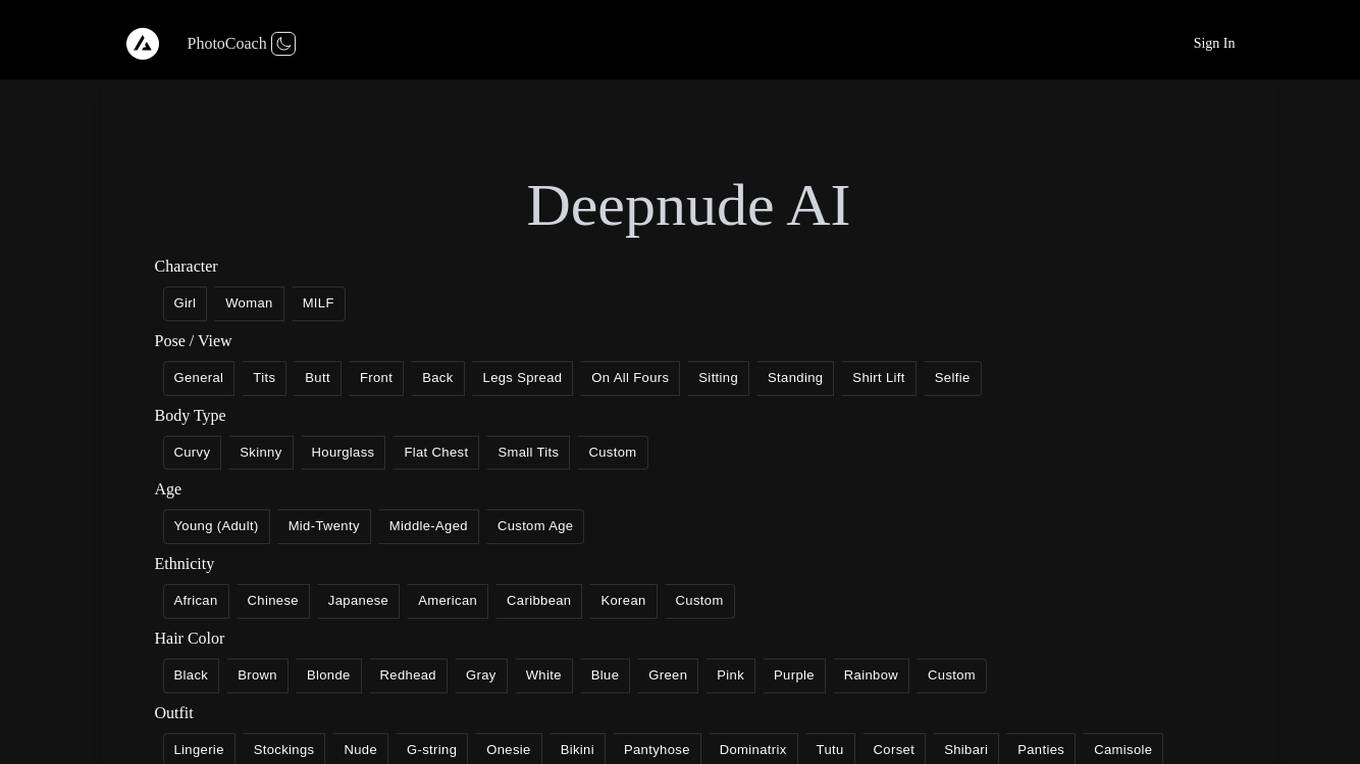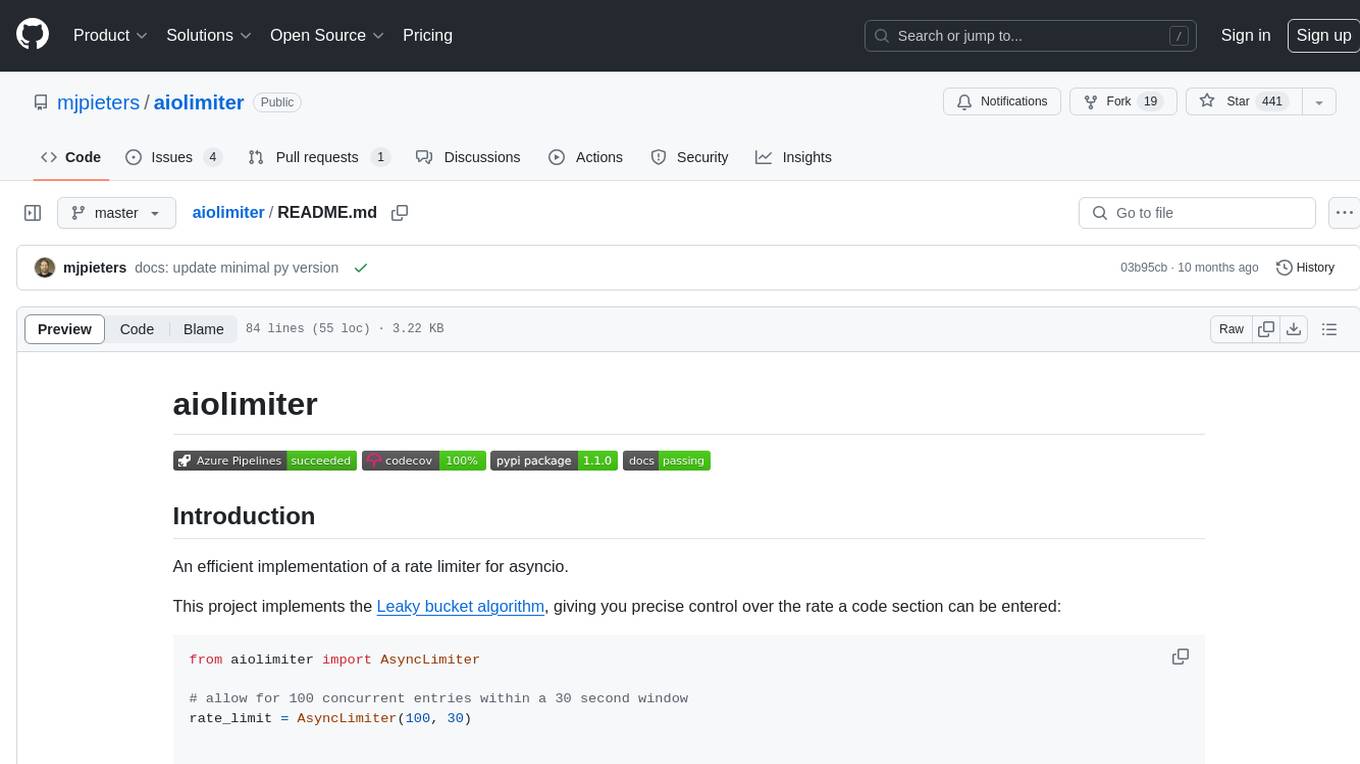Best AI tools for< Restrict Entries >
4 - AI tool Sites

Responsible AI Licenses (RAIL)
Responsible AI Licenses (RAIL) is an initiative that empowers developers to restrict the use of their AI technology to prevent irresponsible and harmful applications. They provide licenses with behavioral-use clauses to control specific use-cases and prevent misuse of AI artifacts. The organization aims to standardize RAIL Licenses, develop collaboration tools, and educate developers on responsible AI practices.

Quod.ai
Quod.ai is an AI application that leverages Cloudflare to restrict access to its website. The site owner has the ability to ban specific autonomous system numbers (ASNs) from accessing the website. Users encountering an access denial message are prompted to enable cookies. Quod.ai provides a secure browsing experience by utilizing Cloudflare's performance and security features.

LLMStack
LLMStack is an open-source platform that allows users to build AI Agents, workflows, and applications using their own data. It is a no-code AI app builder that supports model chaining from major providers like OpenAI, Cohere, Stability AI, and Hugging Face. Users can import various data sources such as Web URLs, PDFs, audio files, and more to enhance generative AI applications and chatbots. With a focus on collaboration, LLMStack enables users to share apps publicly or restrict access, with viewer and collaborator roles for multiple users to work together. Powered by React, LLMStack provides an easy-to-use interface for building AI applications.

Deepnude AI
Deepnude AI is an AI application that utilizes cutting-edge artificial intelligence technology to generate personalized AI nudes from uploaded images. Users can customize the style, theme, and colors of the generated images with adjustable parameters for lighting, contrast, and saturation. The platform offers a free trial period and provides dedicated customer support for assistance and feedback. Deepnude AI ensures user privacy by not retaining uploaded images for other purposes and restricts the use of generated AI nudes for personal and non-commercial use only.
1 - Open Source AI Tools

aiolimiter
An efficient implementation of a rate limiter for asyncio using the Leaky bucket algorithm, providing precise control over the rate a code section can be entered. It allows for limiting the number of concurrent entries within a specified time window, ensuring that a section of code is executed a maximum number of times in that period.
